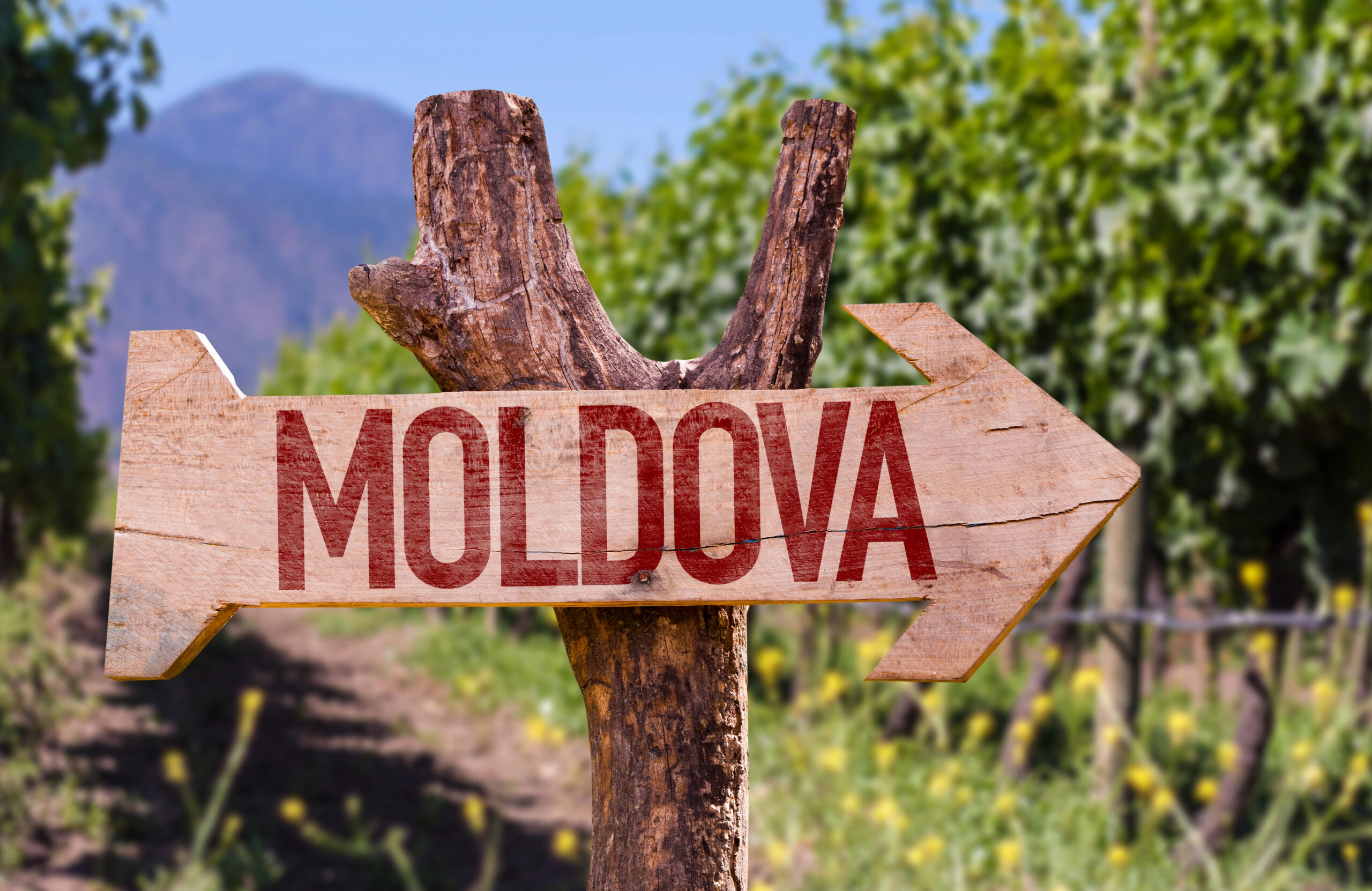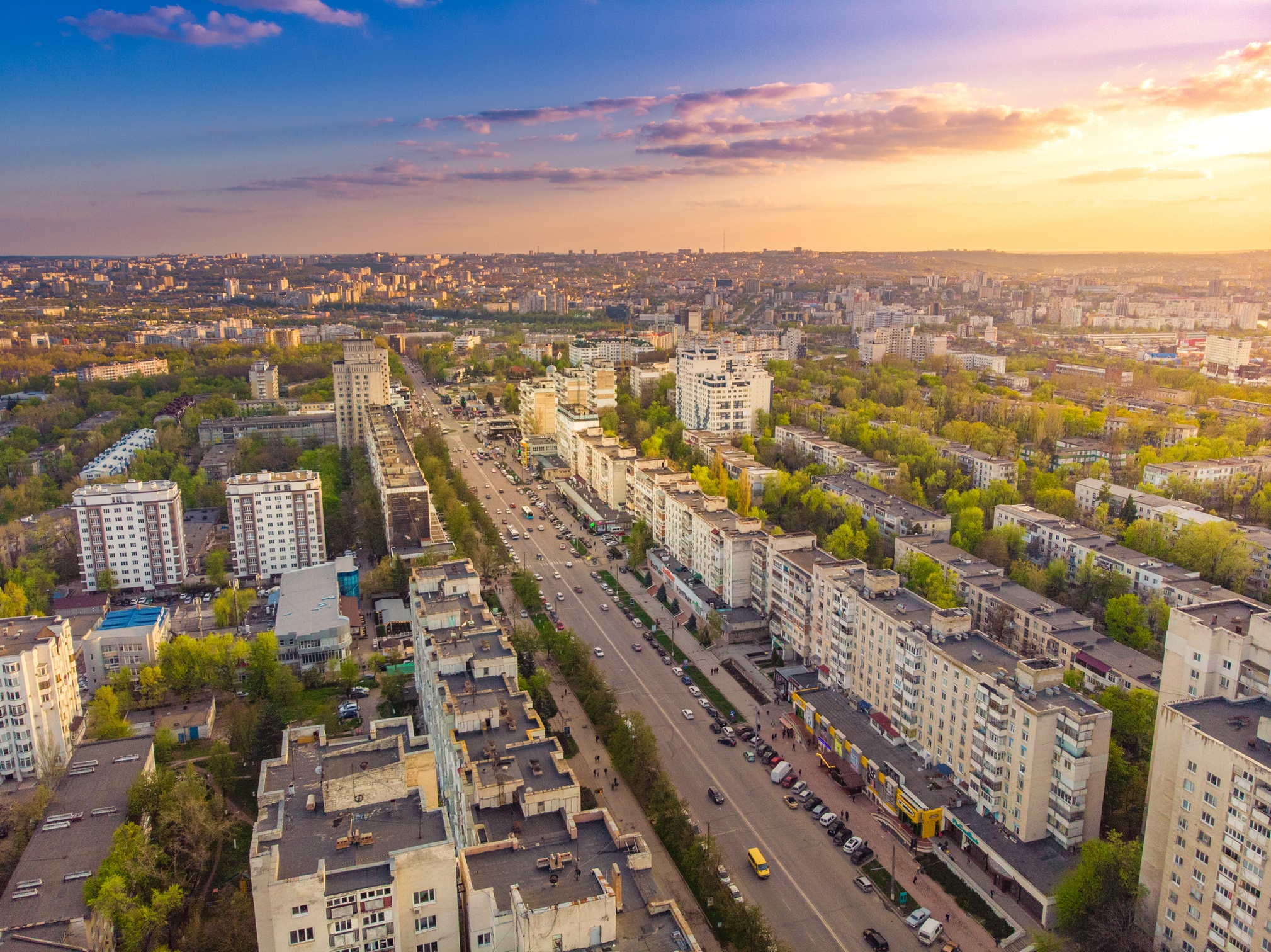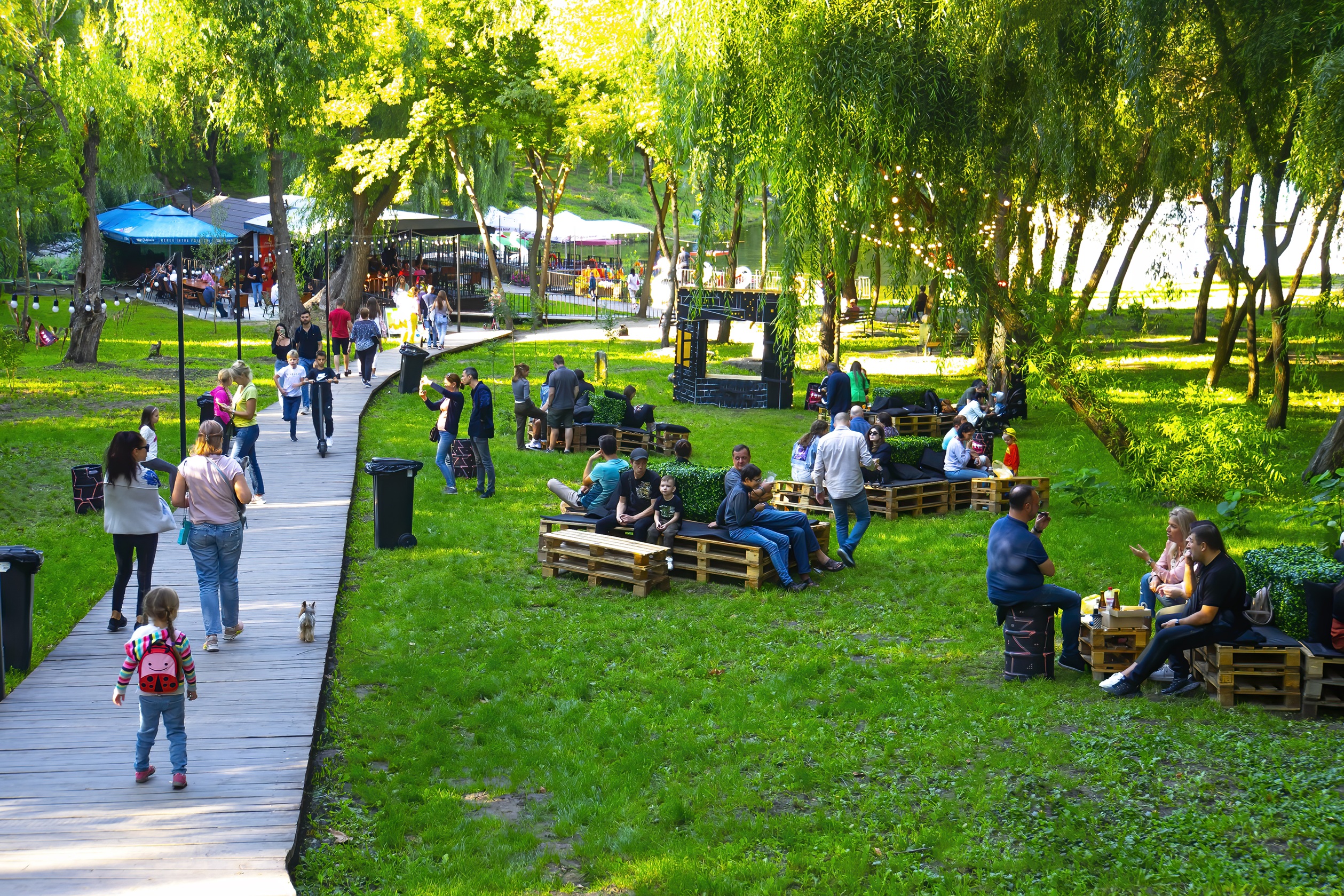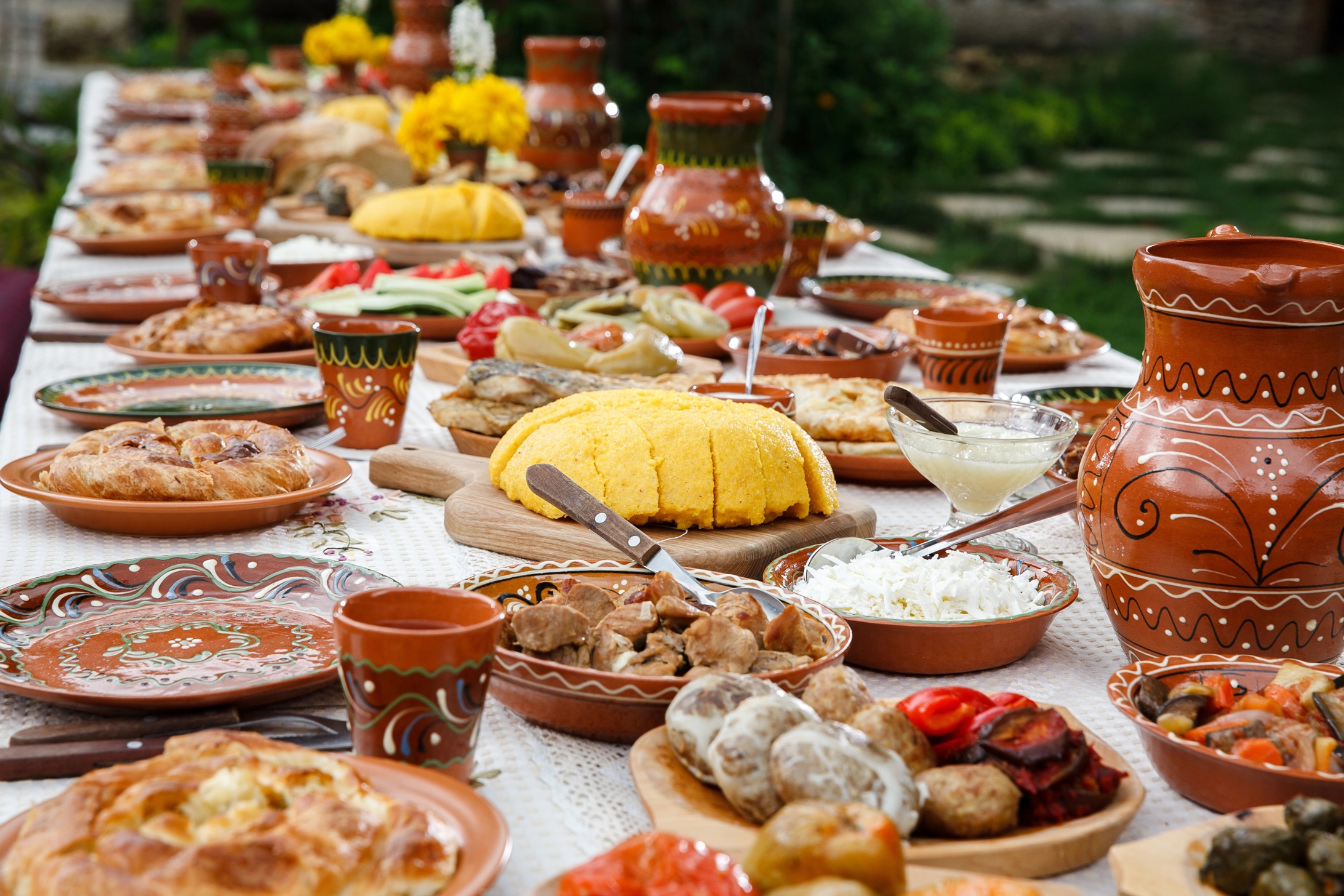Travel tips for Moldova
Travel documents and vise
If you are traveling from an EU country, you can enter Moldova with a valid passport or ID card. Your document must be valid for at least three more months. Citizens of more than 100 countries do not need a visa to enter Moldova for stays of up to 90 days per half-year. This applies to travelers from the European Union, most other European countries, the United States, Canada, Israel, Cyprus, Georgia, CIS countries, and many more. Echter, inwoners van bepaalde landen, zoals Afghanistan, Algerije en Bangladesh, hebben wel een visum nodig om Moldavië binnen te komen. However, citizens of certain countries, such as Afghanistan, Algeria, and Bangladesh, do require a visa to enter Moldova.
It is important to check the specific visa requirements and customs regulations applicable to your country before departure. For this, refer to the official website of the Moldovan Ministry of Foreign Affairs or contact the Moldovan embassy in your country.
Custom regulations
If you are traveling with cash equivalent to €10,000 or less (in euros, Moldovan leu, or any other foreign currency), you do not need to declare it at customs. However, if you are carrying more than €10,000 or the equivalent in another currency, you must declare the full amount upon entry.
Additionally, the following items must be declared: artwork, historical artifacts, weapons, ammunition, explosives, and hazardous materials. Duty-free purchases can be brought into the country without import taxes, including:
- Tobacco: 200 cigarettes or 40 cigars
- Alcohol: Two liters of wine, two liters of spirits, or five liters of beer
- Gifts: With a total value of up to €300
- Medications: For personal use
Travel insurance
You don’t need travel insurance to enter Moldova, but it’s definitely recommended. It protects you against unexpected costs and situations that can seriously affect your trip. It’s often a smart idea to get travel insurance for:
- Medical expenses: Many health insurers don’t cover medical care abroad, or only partially. A travel insurance policy covers you in case of a medical emergency.
- Trip cancellation or interruption: If you unexpectedly have to cancel or cut your trip short, travel insurance often reimburses (part of) the costs you’ve already made.
- Luggage protection: If your bags are lost or stolen, a travel insurance policy can help cover the cost of replacing essential items.
- 24/7 assistance: Many insurers offer 24-hour support in emergencies — from hospital visits and lost documents to arranging alternative transportation.
Tip: Booking your trip via a platform like Booking.com? You often have the option to add travel insurance during the booking process. These policies typically cover things like medical emergencies, cancellations, and lost luggage. It’s a quick and easy way to protect your trip.
Also, make sure to take a copy of your insurance policy with you — either printed or saved digitally. That way, you’ll have all the important info at hand if you need it.



